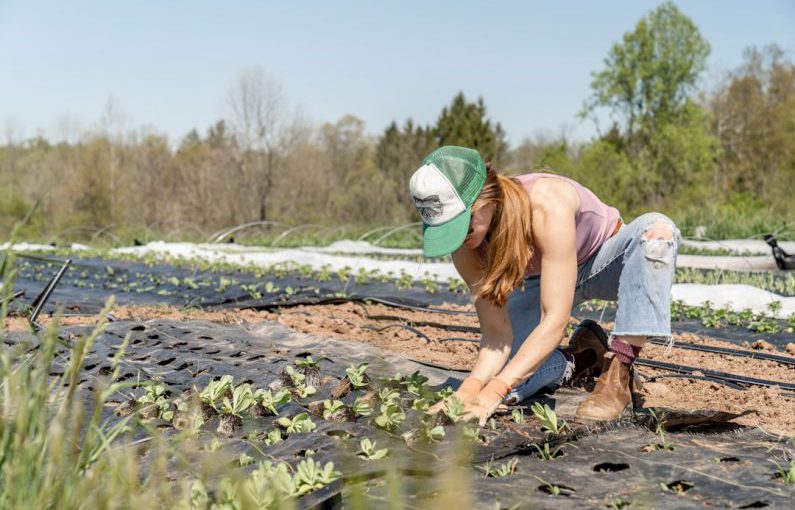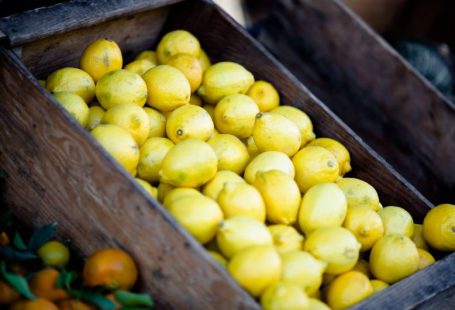Sustainable agriculture has become a key focus in the global effort to address environmental challenges, promote food security, and ensure the well-being of future generations. As the world’s population continues to grow, the demand for food production is increasing, leading to concerns about the long-term viability of current agricultural practices. Navigating the road to sustainable agriculture is essential to meet these challenges and create a more resilient and environmentally friendly food system.
The Importance of Sustainable Agriculture
Sustainable agriculture is a holistic approach to farming that aims to produce food in a way that is environmentally friendly, socially responsible, and economically viable. By focusing on the long-term health of the land, water, and ecosystems, sustainable agriculture seeks to minimize the negative impacts of farming practices on the environment while maximizing the benefits for both farmers and consumers.
One of the key principles of sustainable agriculture is the promotion of biodiversity. By cultivating a diverse range of crops and livestock, farmers can help to support healthy ecosystems and reduce the risk of crop failure due to pests or disease. Biodiversity also plays a crucial role in maintaining soil health, water quality, and overall ecosystem resilience.
Another important aspect of sustainable agriculture is the conservation of natural resources. By using practices such as crop rotation, cover cropping, and integrated pest management, farmers can reduce their reliance on chemical inputs and promote the health of the soil and water. Sustainable agriculture also emphasizes the use of renewable energy sources, such as solar or wind power, to reduce greenhouse gas emissions and mitigate climate change.
Challenges in Transitioning to Sustainable Agriculture
While the benefits of sustainable agriculture are clear, transitioning from conventional farming practices to more sustainable methods can be challenging for many farmers. One of the main barriers to adoption is the initial cost of implementing sustainable practices, such as investing in new equipment or infrastructure. However, studies have shown that over time, sustainable agriculture can be more cost-effective and profitable than conventional farming, as it reduces input costs and improves soil health.
Another challenge in transitioning to sustainable agriculture is the lack of knowledge and technical expertise among farmers. Many farmers have been practicing conventional farming methods for generations and may be hesitant to change their practices. Providing training and support to help farmers learn about sustainable agriculture practices and techniques is essential to facilitate this transition.
Supporting Sustainable Agriculture
Governments, non-profit organizations, and private companies all have a role to play in supporting the transition to sustainable agriculture. Policymakers can incentivize sustainable practices through subsidies, tax incentives, and regulations that promote environmental stewardship. Non-profit organizations can provide training, technical assistance, and research to help farmers adopt sustainable practices. Private companies can also support sustainable agriculture by sourcing products from farms that adhere to sustainable practices and by investing in research and development of new technologies.
Consumers also play a crucial role in supporting sustainable agriculture by choosing to purchase products that are produced in an environmentally friendly and socially responsible manner. By supporting farmers who practice sustainable agriculture, consumers can help to create a market demand for sustainable products and encourage more farmers to adopt these practices.
Creating a Sustainable Future
Navigating the road to sustainable agriculture is essential to address the environmental, social, and economic challenges facing the global food system. By promoting biodiversity, conserving natural resources, and supporting farmers in transitioning to sustainable practices, we can create a more resilient and environmentally friendly food system that can meet the needs of current and future generations. By working together to support sustainable agriculture, we can create a more sustainable future for all.





